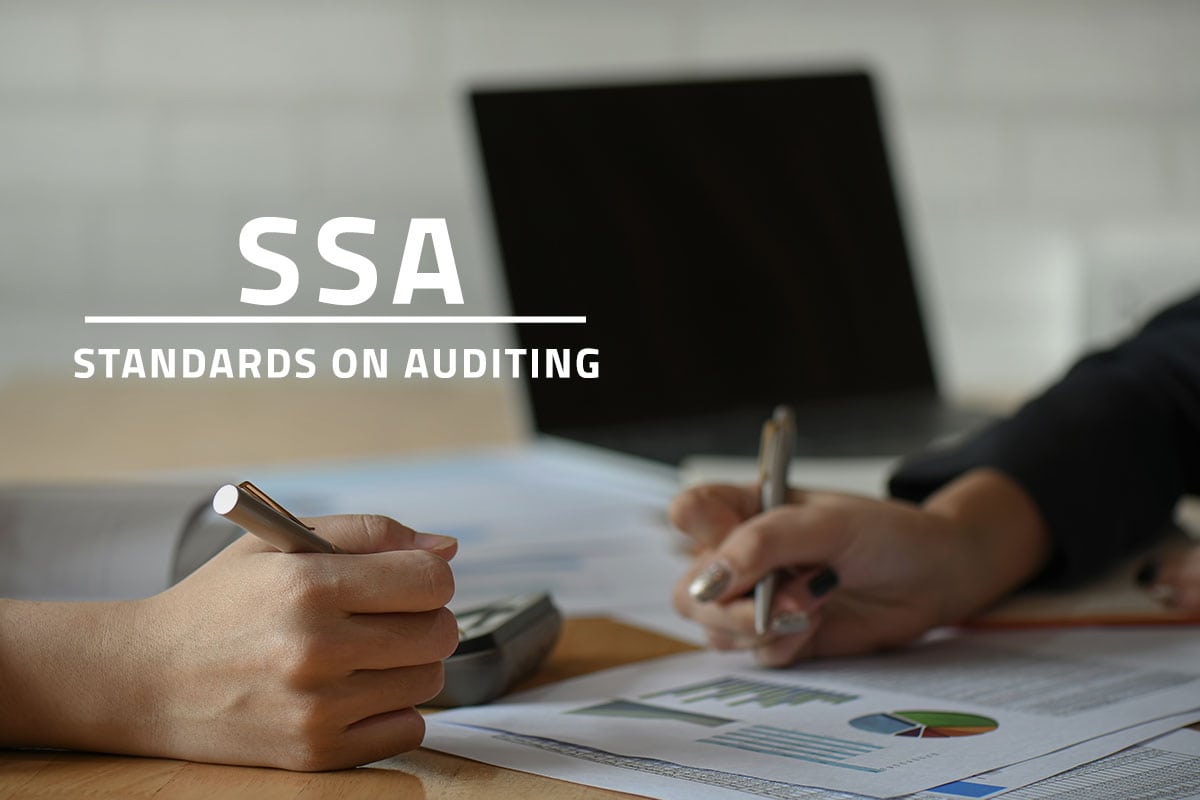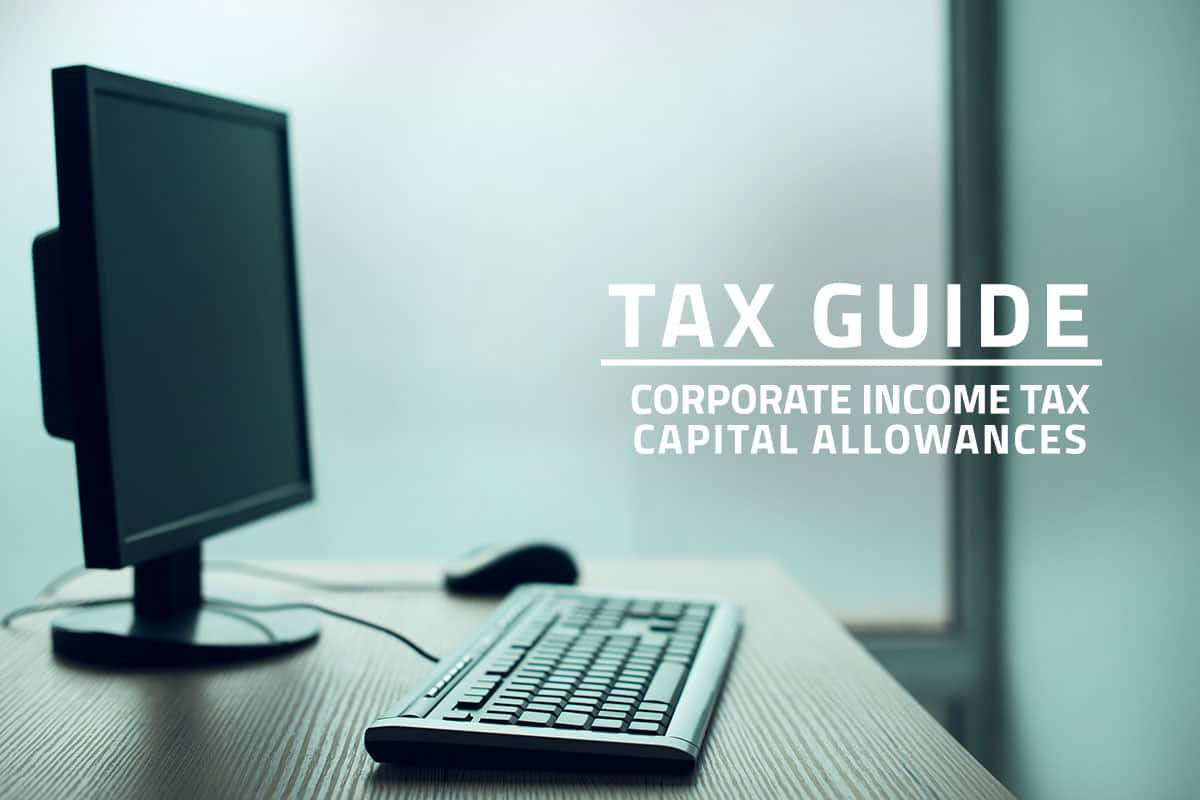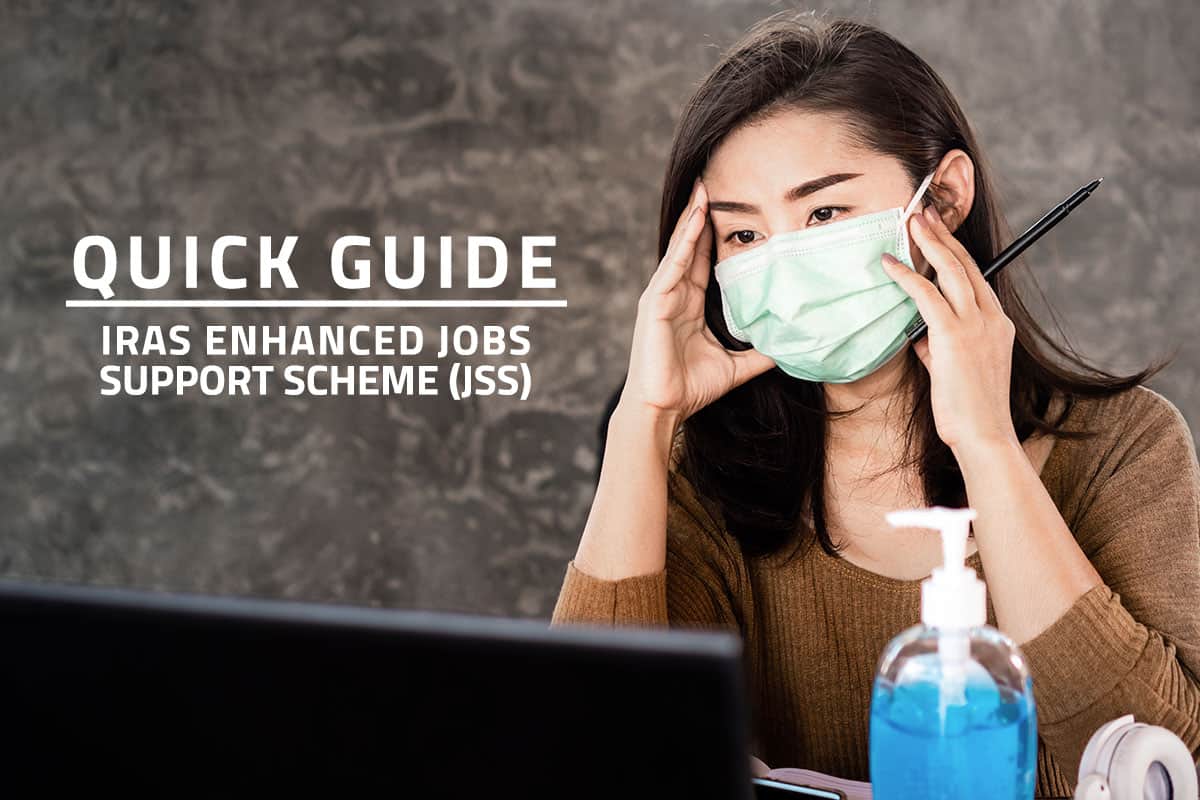Financial statement audits are a key professional service performed by independent auditors to provide reasonable assurance on the accuracy of financial statements prepared by a Singapore company’s accountants or administrator.

The Singapore Standards on Auditing (SSA) is a best practice guide issued by the Institute of Singapore Chartered Accountants (ISCA) that spells out the standards for auditors to adapt into their audit workflows and to ensure the maintenance of high audit quality.
Audits are subject to regulation in Singapore and the Accounting and Corporate Regulatory Authority (ACRA) serves as the main regulatory body that monitors the audit quality in Singapore. Inspections are conducted from time to time by regulatory authorities whom are experienced accountants and auditors in their respective fields and industry.
Audit Procedures and Processes
Auditors have tools and workflows that enable them to draw conclusions on the reasonableness of financial statements prepared by Singapore companies. In general, audit procedures are tailored specifically for different industries using a risk-based approach. Financial statements consist of various line items. For a Balance Sheet, key items include: cash at bank, trade receivables, borrowings and equity. For an Income Statement, key items include: sales, cost of sales, finance expenses, administrative expenses and tax expenses. For instance, one of the audit procedures to verify the accuracy of the cash at bank balances is to obtain external supporting data such as a bank statement or bank confirmation on the balances. Each auditor or audit firm has their own internal workflow as well, in addition to the SSA. Further details on audit procedures can be found at Company Audit Procedures in Singapore.
Singapore Standards on Auditing (SSAs)
The SSA has 7 main series starting from the 200 series to the 800 series. Some of the key SSAs include:
SSA300 – Planning of Audit of Financial Statements. Before diving into the technicalities of audit, proper planning is required and these standards serve as a guide for preparing an audit in terms of staff allocation, timeline and key deliverables, establishing audit strategy based on industry circumstances and documentation of all planning work performed.
SSA510 – Initial audit engagement. Opening Balances. Singapore companies may be appointing a new auditor for the first time to audit their financial statements for FY2019. The new auditor would then have to adopt SSA510 in their audit for FY2018 opening balances of the financial statements. The guide spells out the key audit procedures to be performed to reach a conclusion on the reasonableness of financial statements.
SSA560 – Subsequent Events. There are times when material events happening could warrant attention to the impact of a company’s financial statement after the close of period. An example is in the case of acquisition of property in February 2020. The event is considered as subsequent event if it happens between the close of financial period in Dec 2019 and before the signing of the audit report date. This standard specifies the procedures to be followed to obtain sufficient appropriate evidence to substantiate the subsequent event disclosure.
SSA700 – Forming an Opinion and Reporting on Financial Statements. This standard guides the auditor in the wording of their audit opinion. The final audit opinion should consist of general procedures performed, accounting standards applied and reasonableness of financial statements.
SSA706 – Emphasis of Matter Paragraphs and Other Matter Paragraphs in the Independent Auditor’s Report. An audit report is issued that spells out the final opinion and conclusion of an auditor on the audit of the company’s financial statement. Emphasis of Matter and Other Matter are additional paragraphs added on top of the standard audit opinion. Some key events include concern on the company’s financials for the next 12 months or the inability of auditor to obtain audit evidence on key balances.
SSA800 – Special Considerations—Audits Of Financial Statements Prepared In Accordance With Special Purpose Frameworks. Audit services can be tailored to specific needs of a company and cover a small segment of financials for a specific party instead of a full-scale audit on all financial statement items. A good example is a financial reporting on a bond indenture for external lender. The audit will solely be focused on the borrowings line item only. This SSA spells out best practices for firms, from accepting an engagement to issuing an audit opinion.
Conclusion
Singapore companies looking for quality audit services could be best served by PWCO to ensure full audit compliance with ACRA and in accordance with SSA. PWCO is a professional firm with a long history – we always abide by the standards but also take into account any company’s situation to provide scenario-based advice that can be acted upon.
Related Posts
Tax Guide: Singapore Capital Allowances
By law, all Singapore Companies are required to file annual income tax returns to the…
Quick Guide: IAS 20 – Accounting for Government Grants
This year, the COVID-19 crisis has adversely impacted the global economy. Singapore is no exemption,…
Singapore Guide: ISCA FRB 6 – Accounting for Jobs Support Scheme
This year, the COVID-19 pandemic has inevitably adversely impacted the global economy. Singapore companies and…
Quick Guide: Singapore’s Enhanced Jobs Support Scheme (JSS)
The Singaporean government launched the Jobs Support Scheme (JSS) in late April as part of…












